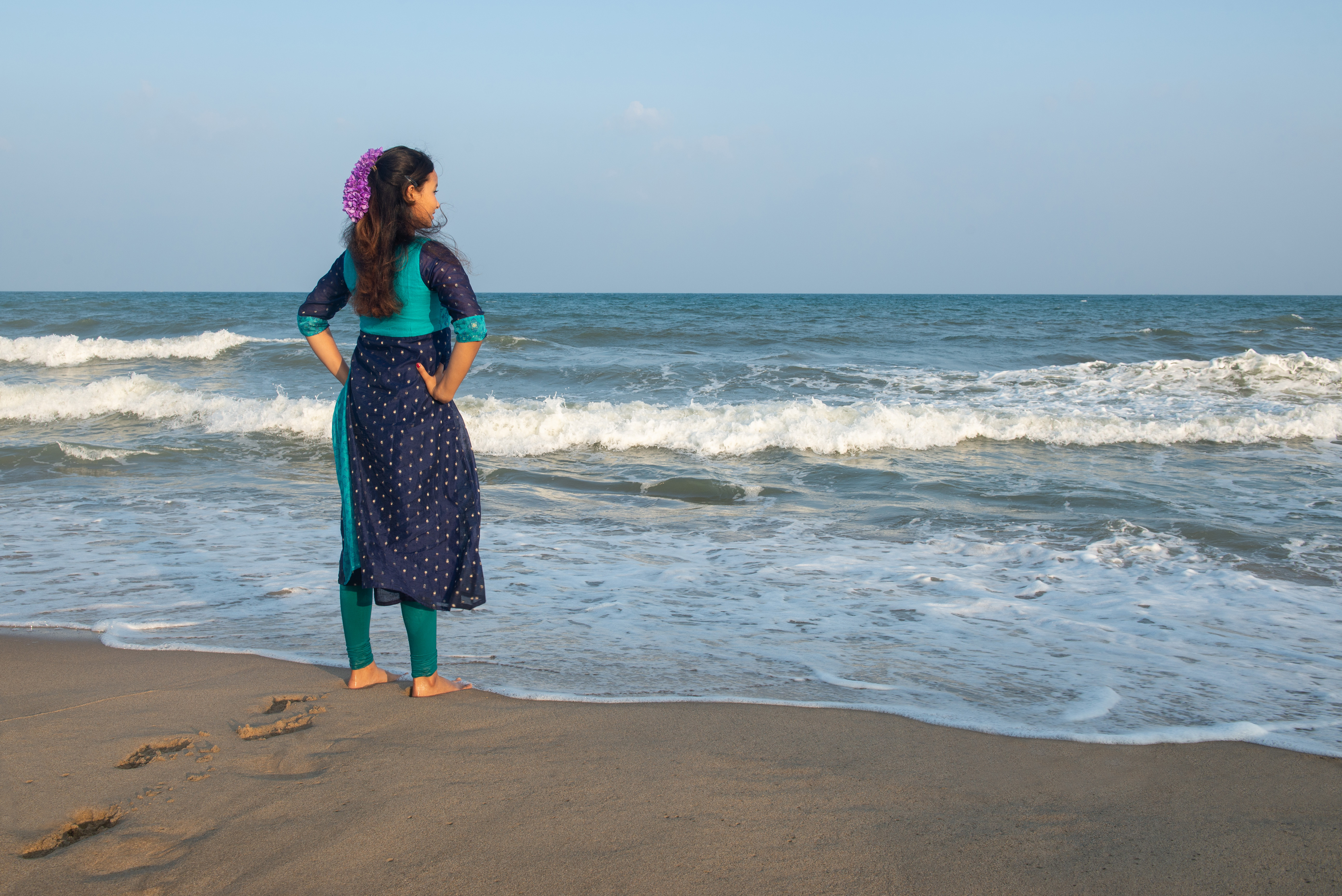Why focus on fresh water, you might ask?

Take a moment and ask yourself this question: When did I use water today? What comes to mind is probably your morning shower, toilet flush, drinking water, maybe using the garden sprinkler system, or doing your laundry. Now, what about your morning coffee? Yes, you used water to brew it, but what about the water used for growing and processing the beans? It takes one cup of water for brewing the coffee and 37 gallons for growing and processing the beans. Or what about that new pair of jeans you bought the other day – did you think they were dry? It took 2,900 gallons to make them. Even that piece of paper you scribble your notes on – each A4 sheet carries a water footprint of three gallons.
From the crops grown for our food down to the electricity powering our homes, almost everything requires water at some stage in the production chain. The entire volume of fresh water used to produce the goods and services that we consume each day is called a water footprint. We do not want to scare or shock you but reveal to you the magnitude of the water hidden in the processes needed to produce the products and services we all buy and use every day.
Now realise that water is finite. Ravi Agarwal, the founder and director of the environmental NGO Toxics Link and The Shyama Foundation, told us we should speak to somebody who went to space. We didn’t actually speak to an astronaut; however, we loved his comparison. He asked us to reflect on how much water a space crew carries with them as there is no source of water in space. The spaceship the crew travels in is a closed ecosystem. Similarly, our planet is a closed ecosystem; the atmosphere our planet is placed in has no water. Earth, in that sense, is like a spaceship; our water supply is finite. Imagine all of us being in a spaceship with limited water – would we behave in the same way?
The aspects of water consumption and water scarcity were just two of the most obvious challenges we encountered when diving into the topic of fresh water. Climate change, agriculture, health, gender, urbanisation, population growth, governance and policy, social justice, and so many more topics each presented their own unique set of challenges in the field of water. But not all is lost. We spoke to 40 water leaders around the globe.All are making a difference in their local communities, raising awareness globally and challenging the status quo, while inspiring and empowering everyone they encounter. All of those we spoke to presented us with tangible solutions for the various issues at hand. The one point they all raised was that water is life. And they believe that change starts in each of us when we value water not as a commodity but a resource that provides for and is life.
We are only at the beginning of creating our educational curriculum on fresh water, and it will probably take some time until we have textbooks ready to empower children all over the planet. However, we believe that change can start today with your support! Even the smallest step will make a difference.
The first step to change is awareness. To realise how much water we and everyone in our household uses will make us aware of our direct and hidden water consumption. With this knowledge we can understand where we waste and where we can save water. We found this very smart online calculator, which tells you your water footprint after answering a few simple questions. It is specially designed for US citizens. Have a look: https://watercalculator.org/.
Once we are aware, we can take steps to reduce our consumption right away; every effort counts to preserve water.
While some components of our water footprint may seem unavoidable, there are many opportunities for us to reduce our impact as consumers.
One of the biggest changes we can make is by altering our dietary habits and eating more plants and less meat and dairy.For example, one pound of beef requires about 1,800 gallons of water to grow versus 303 gallons for one pound of tofu.
Changes we can make at home include being mindful of our daily water use and tackling any leaks and reducing our water wastage, which can have a huge impact as well. Approximately 10% of American homes have leaks that waste around 90 gallons of water per day. And turning off the tap while brushing our teeth saves four gallons of water per minute.
Addressing our water footprints is a big challenge, but the payoff is tremendous in terms of safeguarding our precious freshwater reserves and ensuring long-term water security for future generations.
Just as many small ripples eventually build into big waves, our individual efforts to reduce water consumption can collectively create a powerful impact. By becoming conscious of our hidden water footprint and taking steps to reduce it, we can create change in how we value and manage our precious water supplies.
Would you like to learn more about our research and findings on fresh water, as well as how we hope to inspire children through education so that they become change makers just like you?
Join us on the 3rd of August for our online event where the WasteLess founders Chandrah and Ribhu will talk to Jonathan Bowermaster about their journey of creating WasteLess and their latest innovative educational curriculum focused on reducing water pollution.
Make sure to sign up here to receive a reminder.
